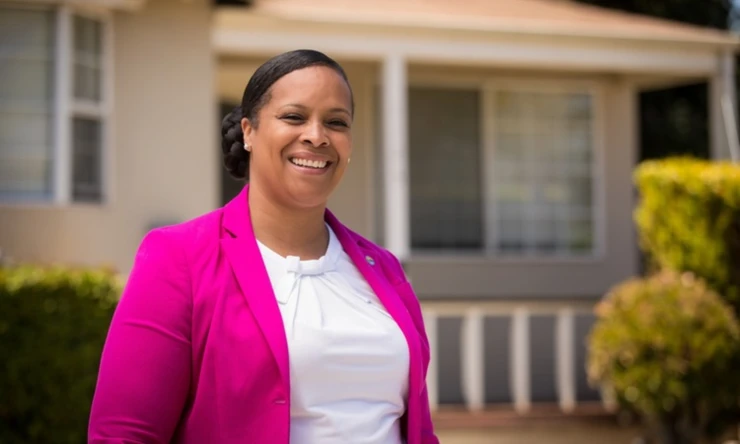
All 20 San Mateo County cities joined a lawsuit last week claiming the state of California kept $38 million in vehicle-license fees owed them.
The
"At a time when the county and our cities are working hard to sustain critical services while confronting ongoing fiscal challenges, it's essential that the state maintain the local funding that nearly every other jurisdiction in California continues to receive," County Supervisor Lisa Gauthier said in a statement.
This is not the first time that the state has allegedly taken funds during a budget fix. A similar situation occurred — and was fought successfully by Orange County in 2011.
The lawsuit, which names the state and California Department of Finance Director Joe Stephenshaw as defendants, claims the impacted local governments are owed the full amount and the state needs to meet its total obligation now and in the future without annual budget fights in Sacramento.
San Mateo County local governments received only $76.5 million of the $114.3 million owed under a state funding formula — a nearly $38 million gap, according to the lawsuit.
Mono County and Alpine County, dealing with similar challenges, also joined the lawsuit.
The litigants would have received nothing in the initial 2025 budget proposal, but they lobbied successfully to get two-thirds restored for this year. They also expect the state to exclude the county and its cities in the upcoming budget.
"We have collectively been singled out by the state and treated differently than every other county," County Executive Officer Michael Callagy said in a statement.
The lawsuit alleges the state violated its own law and a 2004 budget compromise known as the "VLF Swap," in which counties and cities gave up vehicle license fee revenues to help the state close its budget deficit.
In exchange, the Legislature guaranteed ongoing replacement funding through a complex system reliant on annual property tax allocations known as the Vehicle License Fee Adjustment Amount (VLFAA). However, because of technical aspects of the payment mechanism beyond local control, that system shorts San Mateo County and its cities millions of dollars, the suit claims.
Meanwhile, the state pays the full amount to local jurisdictions in 55 other counties through the funding mechanism in the statute, according to the lawsuit.
"The magnitude of funding cuts to local government services and programs in every city as a result of the state's actions is deeply concerning," city of San Mateo Mayor Rob Newsom said in a statement. "In the city of San Mateo alone, our share of the $38 million is $2.2 million. Absorbing that shortfall has impacted essential city services and core neighborhood programs."
Every dollar of state-promised funding matters for communities like East Palo Alto, the city's mayor, Martha Barragan said.
"We rely on these resources to support youth programs, neighborhood safety, and essential services our residents depend on every day," Barragan said. "Standing united with all 20 cities sends a clear message: San Mateo County deserves fair and consistent funding."
Pacifica depends on the funding "to provide life-saving police, fire and emergency response services — not just for the Pacificans who paid those vehicle license fees, but also for the millions of motorists that travel through Pacifica on Highway 1 each year," Pacifica Mayor Sue Beckmeyer said.
The case is currently pending at the San Francisco County Superior Court. The state is expected to respond to the suit in January.





